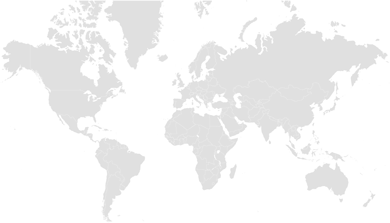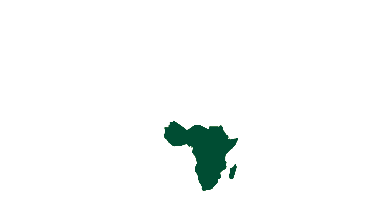Case study
2024 • AgriProtein Technologies AgriProtein - Industrial-scale organic waste valorization using black soldier fly technology in Cape Town
AgriProtein was the world’s first industrial-scale producer of Black Soldier Fly (BSF)-based feed and the largest BSF company globally. Based in South Africa and subsequently in the UK, the company pioneered BSF technology to process organic waste and create valuable products such as larvae meal, biofertilizers, and oil. AgriProtein demonstrated the viability of BSF technology for waste diversion, resource recovery, and sustainable feed production.
Recovered Materials & Products
Soil conditioner
Black soldier fly larvae
Waste Streams
Faecal sludge
Organic solid waste
Confirmed countries
United States of America


Background and Context
Location: Cape Town, South Africa.
Resource Stream: Food industry waste, restaurant waste, municipal organic waste, including animal manure and slaughterhouse waste.
Challenges: 90% of solid waste in South Africa is landfilled, with limited space for landfill expansion due to rapid urbanization. Organic waste accounts for 40% of total waste, creating environmental and public health concerns. Additionally, South Africa’s aquaculture sector heavily relies on imported feed, further straining resources.
Technologies/Methods Used
- BSF-Based Waste Treatment: Organic waste is converted into high-value products through BSF larvae feeding. Each facility processes 250 tonnes of waste daily, diverting 90,000 tonnes of organic waste annually from landfills.
- Preprocessing: Includes sorting, blending, and crushing organic waste into a paste called "LarvaeLunch," which is fed to the larvae.
- Postprocessing: Larvae are dried and processed into products such as defatted meal, biofertilizer, and extracted oils.
Implementation Steps
AgriProtein began with R&D in 2008, building a pilot plant in 2010 and scaling to a commercial facility in 2014. Partnerships with companies like Christof Industries have enabled global mainstreaming of BSF technology and plant construction. The company planned to build 100 BSF plants by 2024, with a target of 200 by 2027 across North America, Europe, Asia, and Africa. Yet, despite operational success in Cape Town, the company struggled to replicate its model globally. In 2021, financial difficulties, compounded by the COVID-19 pandemic, led to the company’s liquidation. Its assets were acquired by PreZero U.S.
Outcomes and Impacts
- Environmental Benefits: Diverted organic waste from landfills, reducing methane emissions. Producing 1 tonne of larvae meal saved 3 tonnes of wild fish from being harvested for fishmeal.
- Economic Impact: AgriProtein’s facility in Cape Town employed 90 full-time staff, with 60% being women and provided job opportunities particularly in disadvantaged areas like Philippi.
- Global Leadership: AgriProtein has validated BSF technology at scale, demonstrating its economic viability and ecological significance in sustainable feed production.
Lessons Learned
AgriProtein’s success highlights the importance of significant R&D investment, progressive scaling, and strategic partnerships with academic and corporate entities. Favorable policy environments and strong market demand for sustainable animal feed are also critical factors for success. Challenges remain in ensuring operational efficiency and addressing market entry barriers in regions with restrictive regulations.
Learn more
This case study is extracted from the publication linked below: "Global Experiences on Waste Processing with Black Soldier Fly (Hermetia illucens): From Technology to Business, Joly, G., Nikiema, J. (2019)"
https://www.susana.org/knowledge-hub/resources?id=3733
Technologies
Themes
Capacity building
Technologies